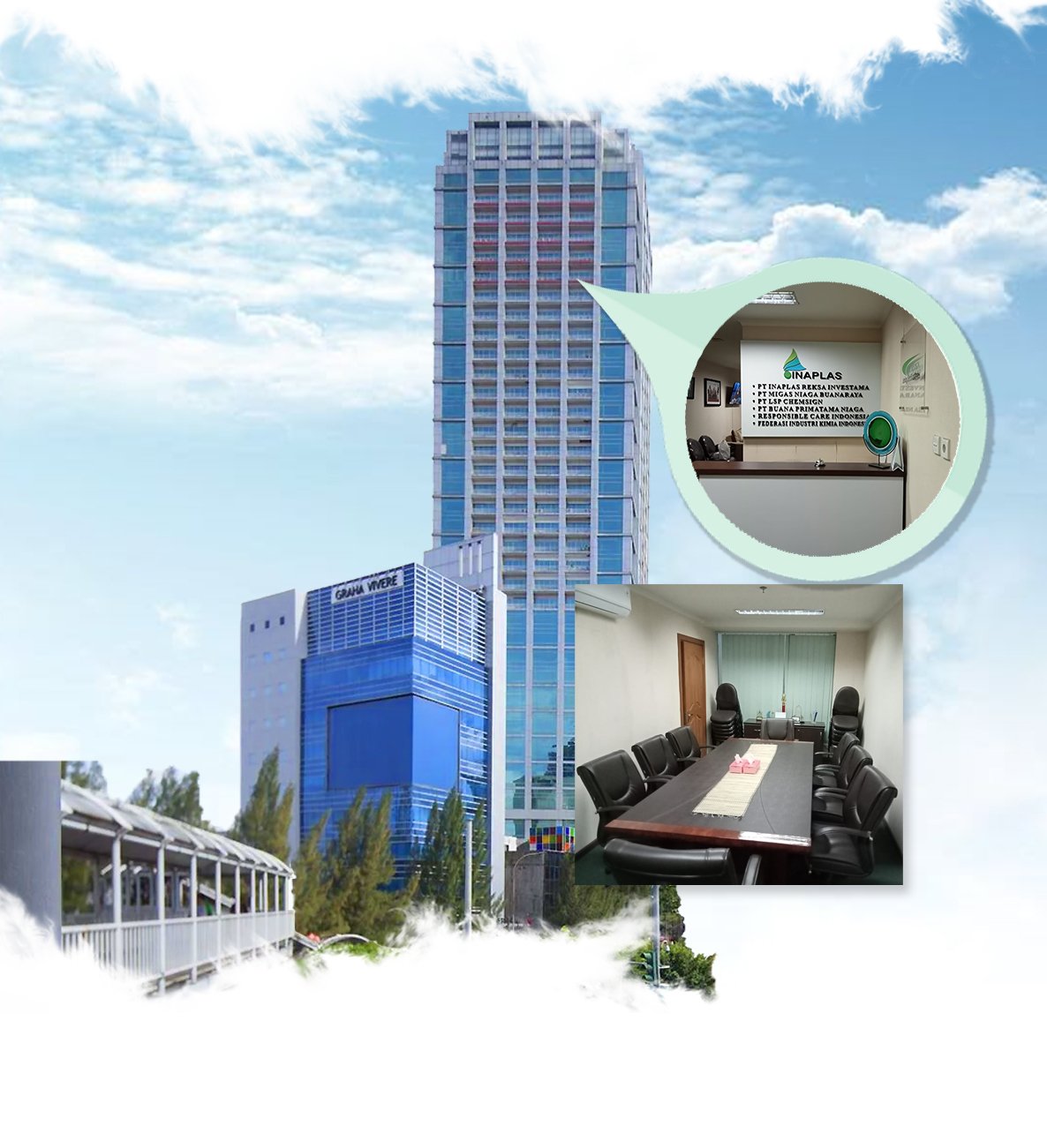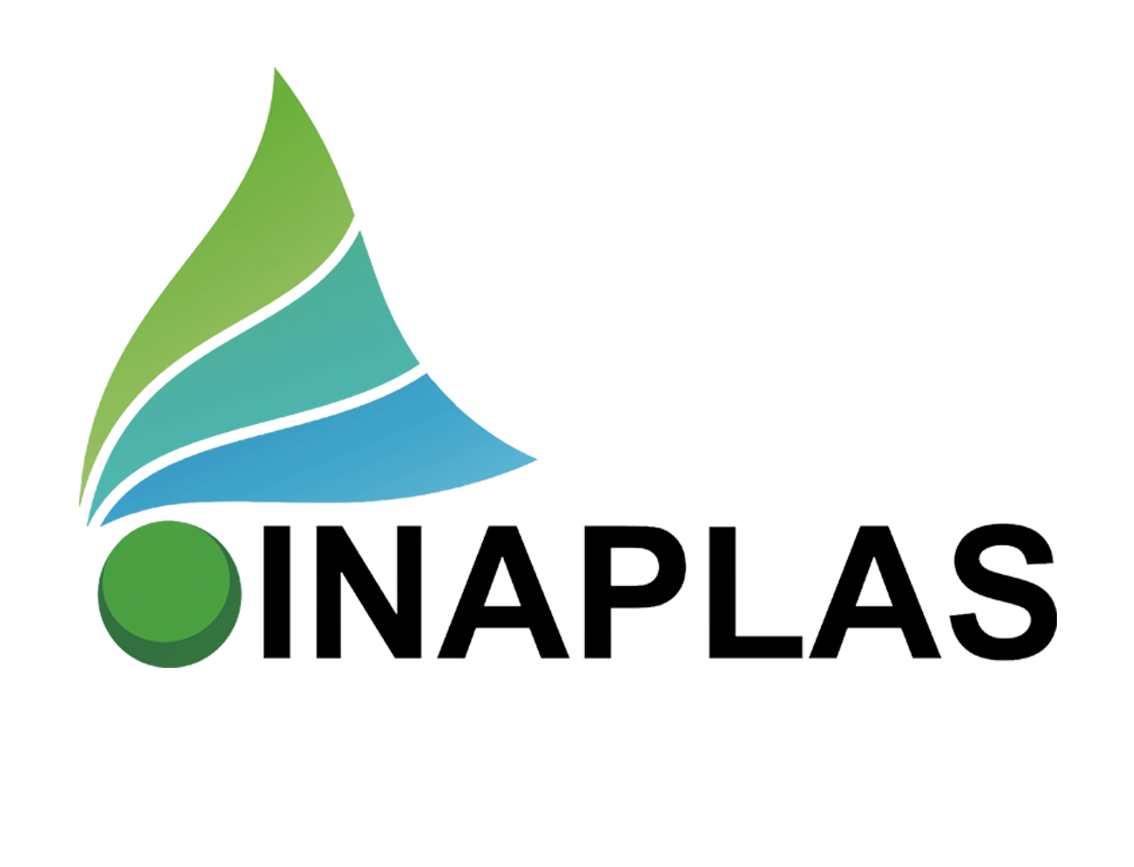
Vision
The establishment of integrated, strong, sustainable world scale petrochemical industry which able to cater national demand of plastic materials to gear up the development of plastic industry and national economy growth.
Mission
Strengthening the cooperation of Upstream, Intermediate and Downstream Industries.
Coordinating all shareholders to create favorable business climate for better, effective, competitive petrochemical business.
Enhance human resources capability thru education, training, certification and apprenticeship.
Introduce best practice of innovation and new technology on green and blue process of petrochemical industry.
Continuously study, observe and review all legal products related with petrochemical business.
Actively involved on advocating global and regional issues.
Establish decent office and implementing standard management ISO 9001 : 2015.
History of Inaplas
The intermediate petrochemical plant was established in Merak by PT Statomer in 1977. This company produced PVC resin, enable establishment of down steam plant such as pipe and other building materials. This company also inspiring many investors to invest on other petrochemical plants such PT Trypolyta Indonesia producing Polypropylene resin, PT Petrokimia Nusantara Indonesia (PENI) producing Polyethylene resin and PT Dow Chemical producing Polystyrene resin in the year 1992 – 1993.
A new milestone was step up by the establishment of upstream petrochemical plant which was commonly called as naphtha cracker by PT Chandra Asri Petrochemical in 1995 producing Ethylene, Propylene and other side products. With these products the requirement of feedstock for intermediate plants were met. PT Chandra Asri Petrochemical keep on increasing its capacity by debottlenecking or building new plant to become the world class petrochemical plant.
After quite long waiting for up-stream petrochemical capacity increase, at last PT Lotte Chemical Indonesia successfully built the second Indonesia naphtha cracker in 2025. With this new capacity, Indonesia petrochemical business was on the better position in the region.
Going thru up and down and diving into global and regional burdens, Indonesia petrochemical plants marks the name plate capacity in 2025 as follows:
Chemical | Amount |
|---|---|
Ethylene | : 1,960 KTA |
Propylene | : 1,050 KTA |
Poly Ethylene | : 1,226 KTA |
Styren Monomer | : 330 KTA |
Purified Terephtalic Acid | : 1,719 KTA |
Butadiene | : 267 KTA |
Acrylic Acid | : 240 KTA |
Chemical | Amount |
|---|---|
Benzene | : 350 KTA |
Para Xylen | : 1,050 KTA |
PVC | : 1,090 KTA |
Chlor Alkali | : 915 KTA |
Poly Ethylene Terephtalic | : 677 KTA |
Styrene Butadiene Rubber | : 120 KTA |
Super Absorbent Polymer | : 90 KTA |
In 2021 three plastic associations namely The Federation of Plastic Producer Association (FIPLASIN); The Association of Plastic Industry of Indonesia (APHINDO); The Association of Plastic Raw Material Industry of Indonesia (AB PLASTIK), had agreed to merge into a new association called The Indonesia Olefins, Aromatic and Plastic Industry Association (INAPLAS).
In 2025 Inaplas members were 84 companies consisting 3 up-streams industries, 24 intermediate industries and 57 down-streams industries.


